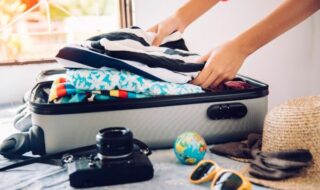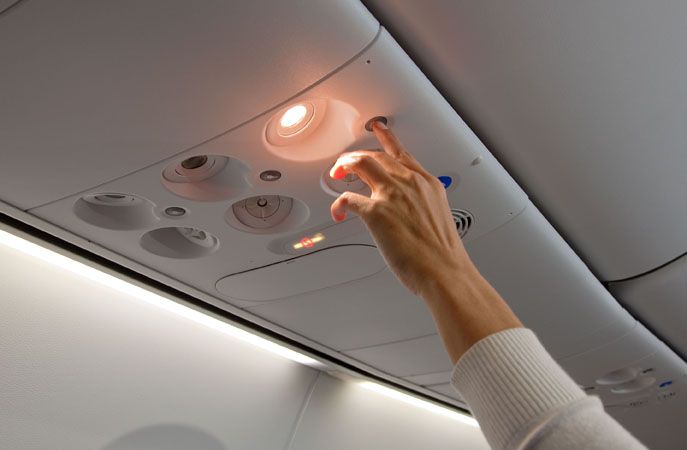
Many holidaymakers are used to the routine of air travel. From early check-in time, immigration, and customs checks to waiting for boarding and actual flight, procedures seem predictable.
Although the goal is simple — get to the destination safely and as pleasant as possible — we tend to do things our way especially when things don’t turn out as expected such as changes in departure gate numbers or flight delays.
Here are some of the mistakes travelers must avoid getting close to the goal of safe travels.
Table of Contents
Trying new medication for the first time
You must have researched how to stay awake during your jet lag-induced journey or how to get yourself to sleep while on a long-haul flight and you found the answer to your questions. But what if you get that allergic reaction or other unpleasant experience while on a flight? There’s a chance a doctor might be on the same flight, otherwise, it’ll take a medical emergency to sort things out if your condition deteriorates.
Never try a new medication without getting your physician’s clearance, or have tried it previously at the comforts of your home.
Ignoring safety procedure briefing
As a standard practice during flights, you must have been planning to distract yourself by reading a book or dozing off to sleep while flight attendants or in-flight entertainment screens flash the flight safety briefing video.
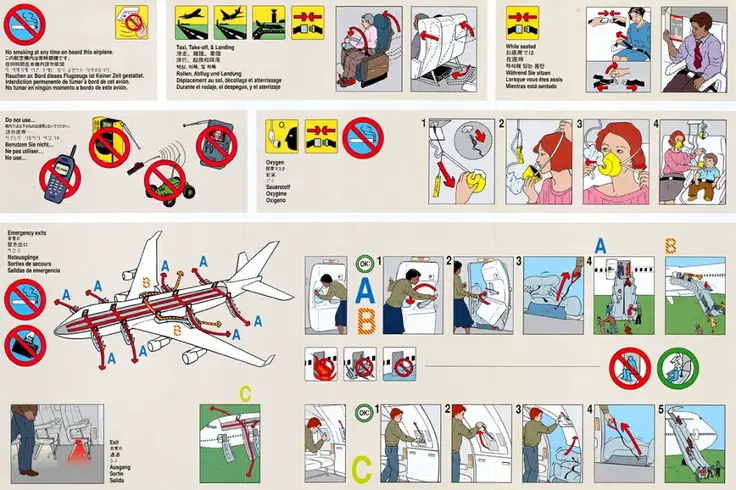
As low as the rates of accidents can be, it’s sad to say there’s a possibility it could hit your flight. So such mundane reminders of keeping your seat belts on, finding the emergency exits, and what to do during water landing can help us one day should we be involved in an ill-fated flight.
Joking about bombs
It’s no joking matter when you start a conversation about guns, bombs, and terrorist threats inside the airline cabin. Flight attendants have the right to remove passengers deemed security risks to the safety of fellow passengers. And that includes making untimely references about weapons when you are expected to talk about your upcoming holiday or meeting appointments on your business trip.
Not using overhead bins to store bags large enough to fit under your front seat
Carry-on luggage is supposed to be placed in the overhead compartments. But on full flights and overhead bins filling up quickly, it is out of courtesy to be reasonable and use the space in front of the front seat to accommodate smaller bags and hand-carry items. However, grabbing all available space and leaving nothing for your seatmate is unethical, especially without asking for permission.
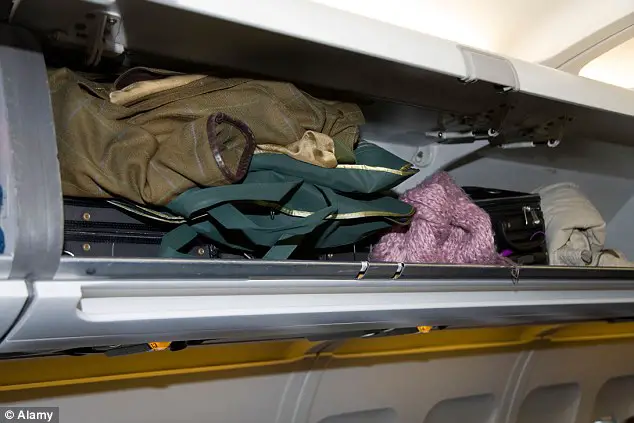
Stowing luggage on overhead bins away from your seat
It is understood that once overhead bins above your seat is already taken, and you still have hand-carry items to stash, flight attendants attempt to store them elsewhere. But perhaps you simply brought more luggage than what is prescribed, you are forced to use spaces reserved for other passengers’ luggage. Worse, you move forward against the stream of incoming passengers so you can find a suitable place for your excess baggage.
Reclining seats during mealtime
Reclining seats were much more appropriate when airplanes used to have ample space shared by passengers. But as real estate among economy class passengers continues to shrink, this feature becomes more about annoying the other passenger than providing you comfort.
However, regardless of your take on this issue — should you recline your seat at any point in your journey? — it makes a lot of sense to exercise courtesy by ensuring your seat is upright, once food carts start rolling down the aisles.
Eating stinky food
Stinky food is relative — it may be tasty to you but disgusting to others. So when you think of getting a tuna sandwich to go, a cup of egg salad, or clam chowder, think again. Not only do they generate a foul odor, but they also leave you with bad breath, unless of course, you make your dental kit handy.
Drinking too much alcohol
Some passengers drink a glass of wine during dinner before the flight, and that’s fine. But when you’re inside the airplane, overindulgence in alcohol can have multiple adverse effects. This includes dehydration and the risk of getting kicked out of the flight for irrational behavior. Also get this: nobody wants to sit next to someone who reeks of alcohol, passes out on your shoulder, or throws up on your personal belongings.
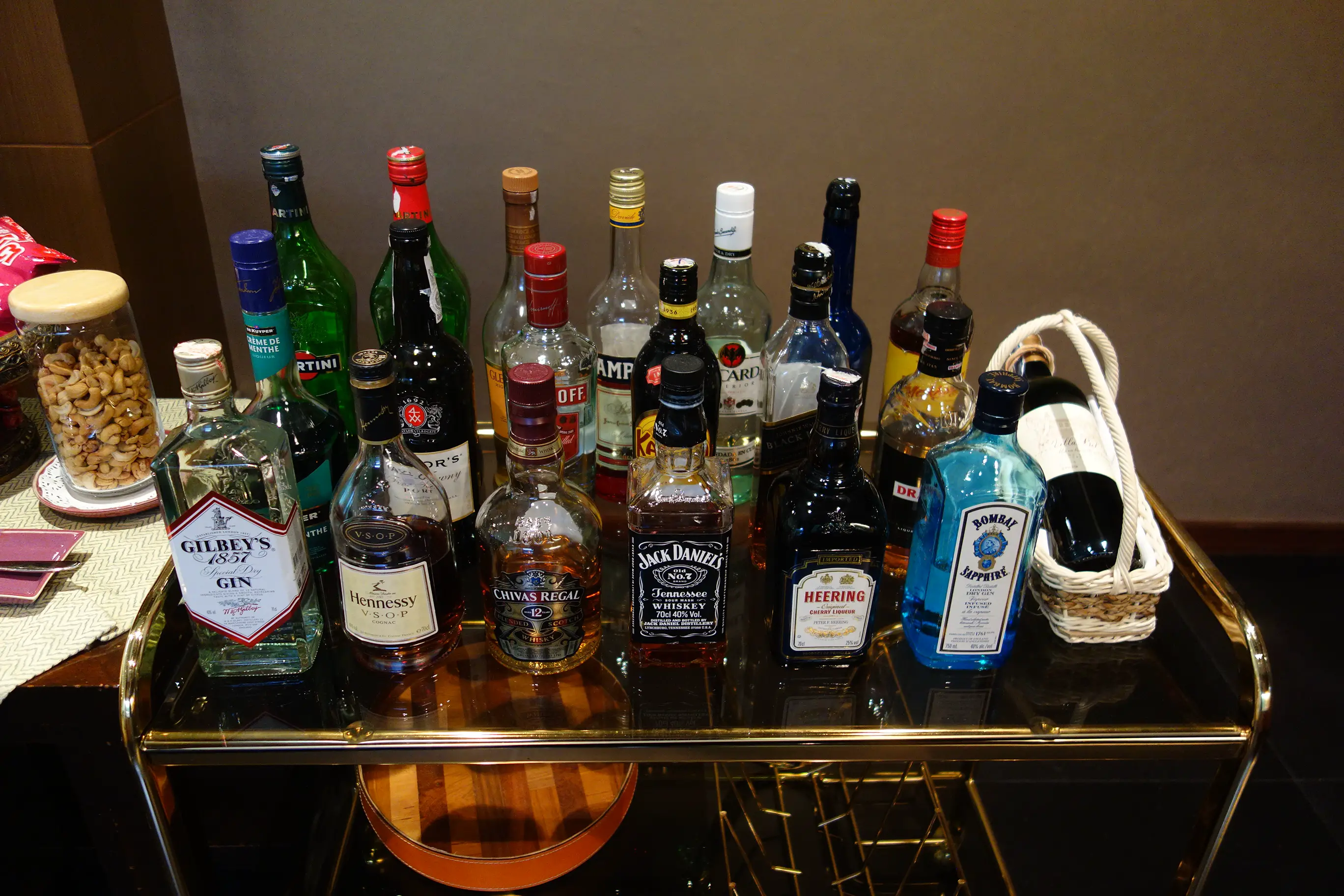
Abuse the flight attendant’s call button
Just because the call flight attendant button is so handy does not automatically mean your friendly stewardesses are now at our disposal for our every whim: get us a glass of water, hand us complimentary newspaper, and other petty requests. Their role is more focused on ensuring passenger safety — reminding you to wear seat belts, refrain from standing up while the aircraft is taxiing at the destination airport and keep your phones in airplane mode. They’ll attend to your needs once they’re freed from all necessary security checks. So in the meantime, let’s be patient.

Intruding on your neighbor’s space
Incidents such as passengers fighting over personal space has become rampant as airplane seats get smaller. Travelers with broad shoulders and bigger waistlines might be discriminated but the real culprits are those who routinely conduct obnoxious in-flight behaviors such as hogging armrests, intruding entertainment screens of someone at the back with ponytail and spreading legs beyond personal space. We all want space, but so are others. So let’s take what’s ours and respect others by not taking what’s theirs.
Do you have additional bad airline habits to add here?







